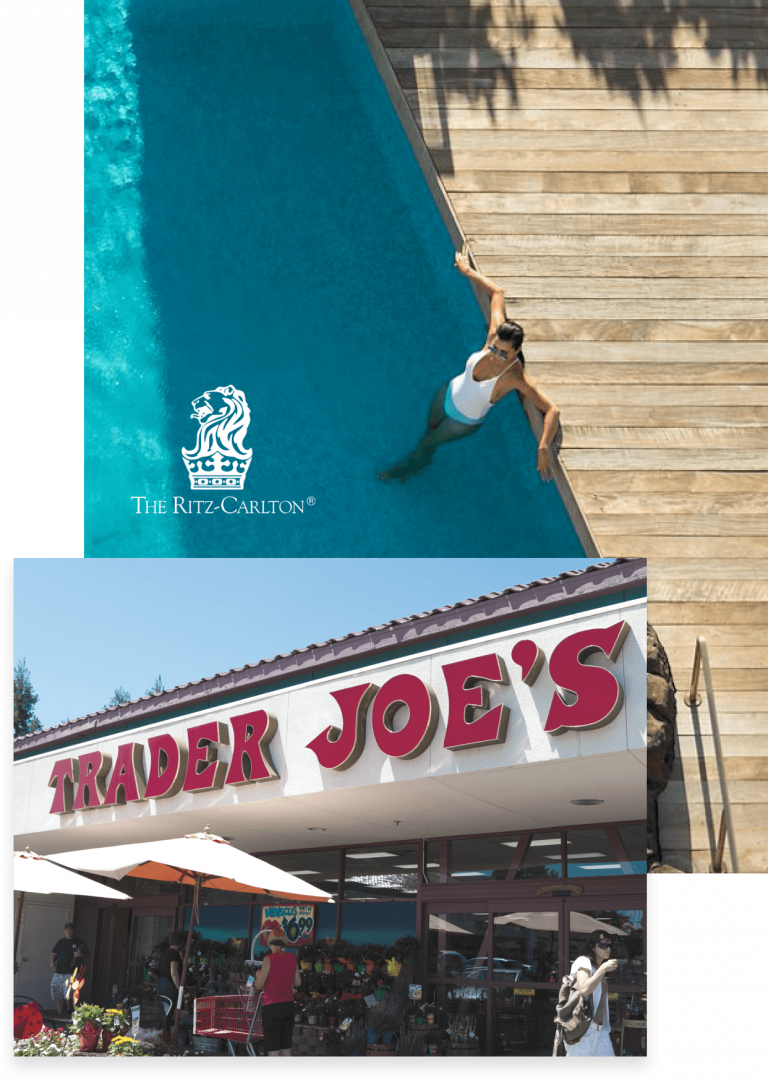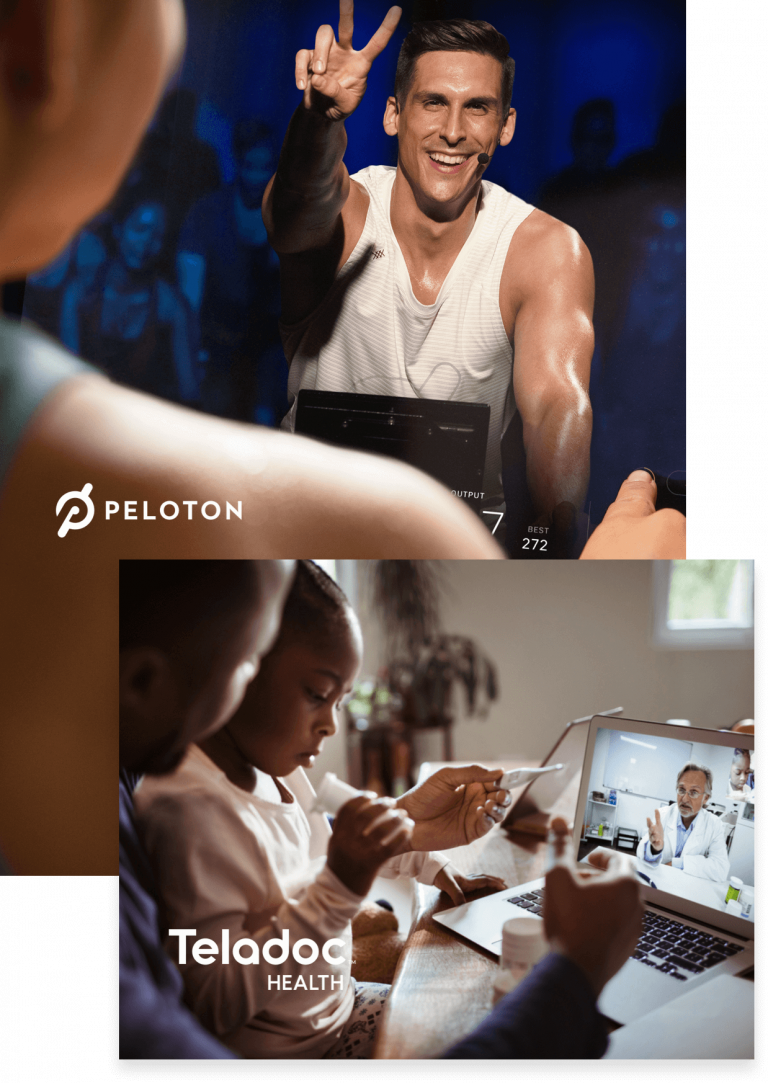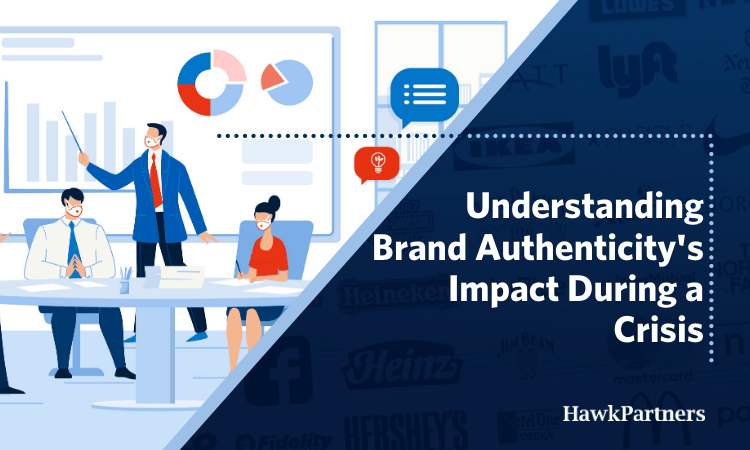As we recover from the trauma caused by the pandemic, many consumers find themselves in a state of shock. The HawkPartners 2021 Brand Authenticity Index™ provides an opportunity for brands to connect in new ways with consumers that are more engaged, connected, and open than before the pandemic began.
download the brand authenticity report
2021 Brand Authenticity Index™
WHY BRANDS NEED TO BE REAL
IN A POST- PANDEMIC WORLD
10,000
consumers surveyed
175
brands rated across
14 industry categories
6
key pillars to
create connection

Our systems are in
a state of shock
Over just the past decade, we’ve gone through unmatched economic, political, and social turmoil that’s resulted in a seismic shift to our priorities, including how we live, work, and play. This turmoil culminated in a (hopefully) once-in-a-century pandemic that gave consumers the space to evaluate which brands they support.
And consumers are speaking with their dollars, social media posts, loyalty, and online and in-person connections. As we start to come out on the other side, one thing is clear:
Brand authenticity is no longer a choice. It’s mission critical.
Through authenticity, brands will be able to achieve an ongoing sense of loyalty. To get there, brands must evolve alongside their customers, all while staying true to their brand values.
—Tony Gallo, HawkPartners

This is our roadmap
to authenticity
It’s our guide to getting real. To seizing the opportunity to create genuine connections with your customers—and to building the type of trust and loyalty that many brands only dream of.
Authenticity is your north star.
In putting together this second annual report, we connected with nearly 10,000 customers on why brand authenticity is important, what they look for in a brand, and what they’re willing to do for a brand they believe in.
We then extracted insights from these findings on what matters most in developing and maintaining an authentic brand, using real-world examples from brands that thrived during the pandemic.
2021’s most authentic brands





What is an authentic brand?
An authentic brand …
Clearly communicates
who it is and what it
stands for
Tells you what it
believes
Lives up to
those values
What goes into making a brand authentic?
According to our respondents, brands are authentic if they’re …
Explicitly
moral
Brutally
honest
Unapologetically
transparent
Rooted in
their values
Constantly
consistent
An expression of
who I am
Consumers are letting brands into new and exciting aspects of their lives, and with that opportunity comes great expectation. We believe authenticity is the key to unlocking the connection between brand and consumer.
—Jesse Epstein, HawkPartners
INSIGHTS

The path to loyalty is paved with authenticity
Consumers are keenly aware of what their loyalty means—and they’re willing to give it if they believe in a brand.
Trader Joe’s, who retained the top spot again this year, won the hearts of consumers with its quirky items, customer-friendly business model and one-of-a-kind shopping experience. By adding above-and-beyond safety measures to the mix, Trader Joe’s maintained this connection throughout the pandemic, even with the emergence of tech-driven competitors.
Absence made the heart grow fonder for The Ritz-Carlton, one of this year’s biggest movers, who now sits at #18. The resort kept in touch with guests throughout the pandemic with frequent, personalized communications. The result? Guests are racing to get back to their favorite resort, feeling like they know the brand and the brand knows them.
why it matters
77% of respondents say they’re more likely to spend money on a brand they perceive as authentic over one they don’t.

The brands that got us through the pandemic will be with us long after.
People changed how they live. Almost everyone felt a new sense of vulnerability. And many had the time and space to think about which brands matter to them. The brands that rose to the occasion seem likely to secure a place in consumers’ post-pandemic hearts.
When escape mattered, Peloton delivered. By offering free trials of its app, new equipment and publicly stating its position as an anti-racist organization, Peloton gave people a viable gym alternative and created a sense of community for families stuck at home.
Not only did health apps like TelaDoc keep us safe, secure, and up to date during the pandemic with reliable, fast interactions, they also proved that telehealth can perform when needed most. Many health care systems may look to increase its use once the pandemic calms.
why it matters
57% say it’s more important that a brand is authentic after the pandemic.

The pandemic, social platforms, and polarization offer opportunity
In an era of political polarization, many consumers expect brands to let us in and show us who they really are. This creates a newfound opportunity for where, and how, brands communicate their authenticity. The bar is higher for brands today. A quality product, convenience and a good price is no longer enough.
Patagonia has always nodded to the outdoors, aligning the causes it supports with its products. This past year, though, it went a step further, highlighting the role that politics plays in preserving the outdoors and calling on its customers to pressure elected officials. This deepened the connection it has with customers and earned respect for taking a stand in an area many brands wouldn’t touch, including literally sewing its values into its clothes.
In the summer of 2020, the nation was reeling from COVID-19, West Coast wildfires, and social unrest. Sensing a need to help people look inward, Calm signed deals with health care providers to make its app available for free, capitalizing on our collective need to lower the temperature.
why it matters
More than 75% of consumers interact with brands on social media. More than 50% expect brands to take a position on social issues, such as racial justice.

Authenticity is important today; it’s imperative tomorrow
Brands could get away with ignoring authenticity in previous generations. But for millennials and younger consumers—the people who will determine brand success for the next generation—authenticity is non-negotiable. Brands must respond by developing strategies to reveal their authentic selves.
As millennials and Gen Z enter their prime saving years, Vanguard has increasingly highlighted how its unique business model is different from other investment firms. This transparency is meeting younger investors where they are mentally and emotionally.
While some big tech companies struggle, Apple has connected with consumers in a unique way. In powering the digital revolution with devices that convey efficiency, sleekness and modernity, Apple is the tech brand consumers most want to be associated with. Lauded for privacy moves, the youngest generation believes Apple has its back and is a worthy steward of their time, the most valuable commodity to tomorrow’s consumers.
why it matters
80% of consumers say it’s somewhat or very important that a brand is authentic. The numbers increase with every generation, starting with the silent generation at 69% and culminating with Gen Z and millennials at 85%.
The consumer conversation surrounding the pharma industry has refocused on the positive impact that innovation, science, and new products can make on their daily lives.
—Lori Holmes, HawkPartners

Consumers are paying attention to brands in different industries, creating new opportunities for connection
With pharma being so visibly key to ending the global COVID pandemic, there has been a recent and substantial shift in the perceptions of pharma brands. This unparalleled level of public receptivity is an opportunity for the industry. The public now wants to understand pharma companies’ values and the principles for which they stand, and brands should be prepared to take advantage of this opportunity.
Pfizer was the first pharma company to release a COVID vaccine and has established a newfound trusting relationship with consumers. Those that receive the Pfizer vaccine tout it as a badge of honor, posting to social media and sharing with friends. These perceptions around the COVID vaccine are now inextricably linked to the broader Pfizer master brand, providing new opportunities for other therapeutic areas.
why it matters
66% of respondents say the industry where it is most important for companies to be authentic is pharmaceuticals
How authentic is your brand?
Join us for an in-depth look at how your brand stacks up—and how we can collaborate on actionable plans to increase your authenticity.
More authenticity insights
Read our latest perspectives on our authenticity findings.
Our team shares key insights about which brands excelled in our Brand Authenticity Index as well as the factors that drive authenticity.
As everything in our economy and our lives is re-shaped, so too are the connections brands and consumers create, and authenticity is one of the most important ways to create connections in the new normal.



